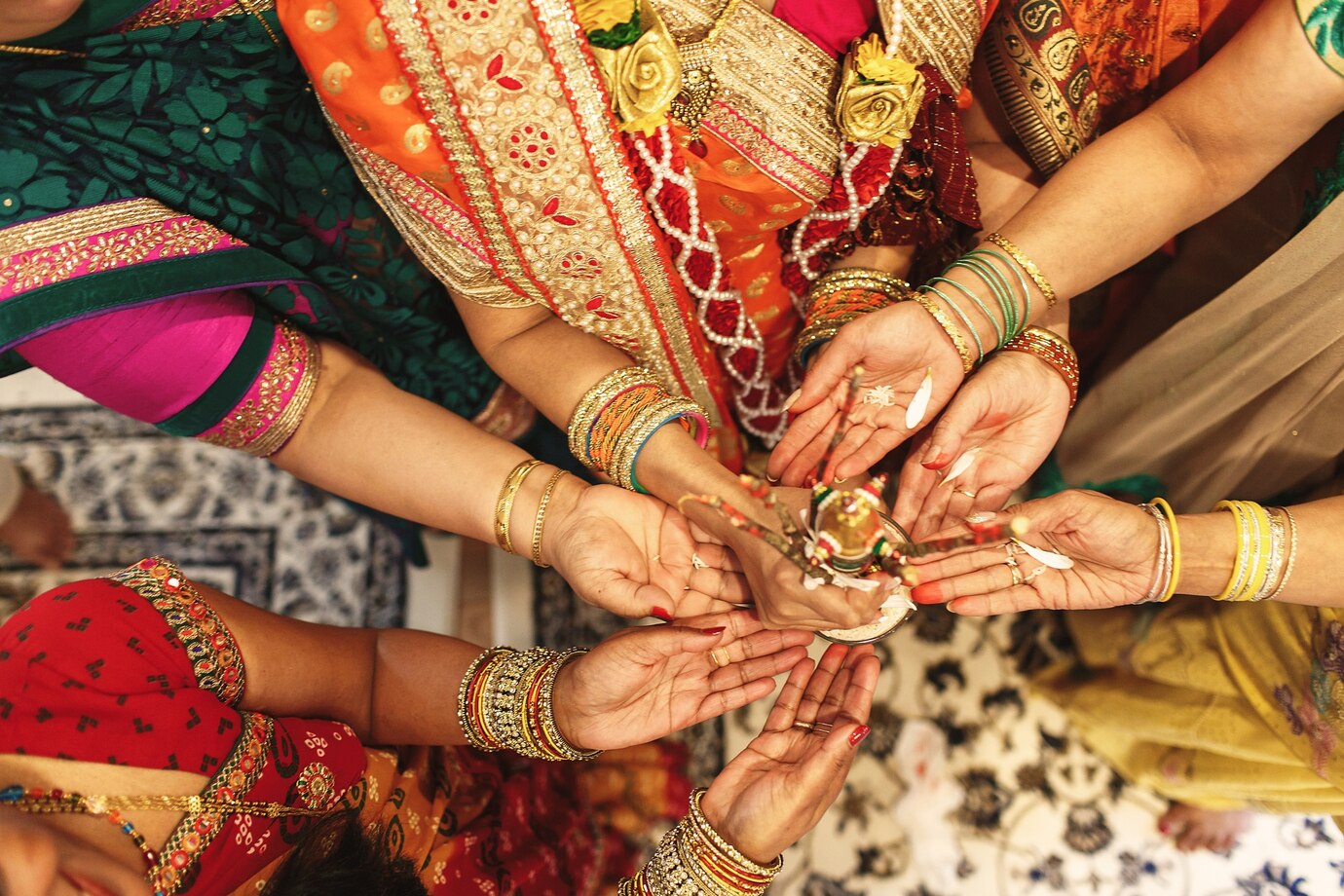Indian Norms and Values
India, with its kaleidoscopic diversity, boasts a rich tapestry of Indian norms and values deeply embedded in its cultures fabric. As one of the oldest civilizations in the world, the subcontinent has nurtured a heritage that reverberates through generations. Let’s embark on a journey to unravel the profound norms and values that shape the unique cultural identity of India.
Family: The Cornerstone of Indian Society
In India, family is not merely a social unit but the cornerstone of society. The concept of “joint family” has been a longstanding tradition, where multiple generations coexist under one roof. The interdependence and support within the family structure are integral to the Indian way of life, providing a sense of security, identity, and belonging.
Spirituality and Religiosity: A Way of Life
India’s spiritual tapestry is woven with diverse threads of religions and philosophies. Whether Hinduism, Islam, Sikhism, Christianity, Buddhism, or Jainism, spirituality permeates daily life. Rituals, festivals, and prayers are not just events but an inseparable part of the rhythm of existence, fostering a connection to the divine and a sense of purpose.

Respect for Elders: An Ingrained Tradition
Respect for elders is a fundamental value in Indian culture. Children are taught from an early age to show deference to their elders, emphasizing the wisdom and experience that come with age. This reverence extends beyond the family to teachers, mentors, and societal figures, fostering a culture of humility and gratitude.
Hospitality: Atithi Devo Bhava
The ancient Sanskrit saying “Atithi Devo Bhava,” meaning “The guest is God,” encapsulates the essence of Indian hospitality. Welcoming guests with warmth and generosity is considered a sacred duty. From elaborate meals to humble gestures, Indians take pride in ensuring that visitors feel not just accommodated but cherished.
Diversity and Pluralism: Unity in Multiplicity
India is a mosaic of languages, religions, traditions, and customs. The ethos of “Unity in Diversity” is not just a slogan but a lived reality. The acceptance and celebration of diversity are integral to Indian norms, fostering a sense of national unity despite the myriad cultural expressions.
Education and Knowledge: Reverence for Learning
Education is highly valued in Indian Cultures. The pursuit of knowledge is seen not only as a means to personal growth but also as a service to society. The guru-shishya (teacher-student) tradition exemplifies the reverence for learning, with teachers often accorded a status akin to parents.
Work Ethic and Diligence: Karma Yoga
The concept of “Karma Yoga” emphasizes the importance of diligent work and selfless action. Hard work, dedication, and a sense of duty are esteemed virtues in Indian culture. Therefore, the idea of performing one’s duties without attachment to the results resonates across various spheres of life.
Conclusion: Nurturing Timeless Traditions
Therefore, Indian norms and values, deeply rooted in ancient wisdom, continue to guide and inspire millions in the modern era. Also, the cultural odyssey reveals a society where familial bonds, spiritual pursuits, respect for tradition, and a warm embrace of diversity create a harmonious blend of timeless traditions.
Also, India strides into the future, these norms and values serve as anchors, providing a sense of continuity and identity in a rapidly changing world. Moreover they, showcase not only the resilience of a nation but also the enduring beauty of a cultural legacy that spans millennia.


